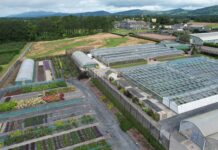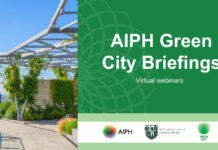

With a finite, or more accurately, diminishing, amount of land, water and non-renewables resources available on the planet, the earth’s ability to feed the estimated additional 2.5 billion people that will occupy it by 2050 is under severe and unprecedented pressure.
Never has the need to re-evaluate all that we have come to expect and hold as truth been more pressing. It is in changing our mind-set from ‘what is’ to ‘what could be’ that the potential for true innovation lies. But to do so requires individuals and companies to exhibit a bravery that is necessary when the future outcome is unknown, and the risk potentially costly. However, what is clear is the certain catastrophe that lies in inaction. For those brave enough, the opportunity for reward is great, and the potential for differentiation and longevity even greater.
This bravery was demonstrated by Northumbrian Water when they embarked on a never-done-before (at scale) advanced anaerobic digestion project to convert ‘poo into power’, in what is a truly ‘circular’ economic activity. What is traditionally reviewed as waste to be ‘managed’ has, due to the vision of its management team, aided by the burning platform that was a running out of available land mass to spread the biomass, been turned into a significant, and importantly, financially viable, source of power back into the National Grid in the UK.
In a similar approach to the idea that one person’s waste is another’s riches, Virgin Airlines has invested heavily over the past 4 years developing a viable process to convert carbon waste from the steel industry that previously entered the atmosphere adding to greenhouse gases and global warming, and now has the potential to be made into ethanol that can be used for jet oil, reducing the air industry’s reliance on non-renewable oil and the contribution that air travel makes to carbon emissions.
At a time when one of the most pressing issues of this generation could be significantly improved by addressing the estimated one third of all foodstuffs that are wasted, approaches to capturing and dealing with other waste are necessary if we are to fulfil the ambitions of COP21 and keep global warming within the critical 2 degrees.
For more information please contact info@bordbia.ie
Source: Bord Bia – The Circular Economy – One Person’s Waste is Another’s Opportunity








